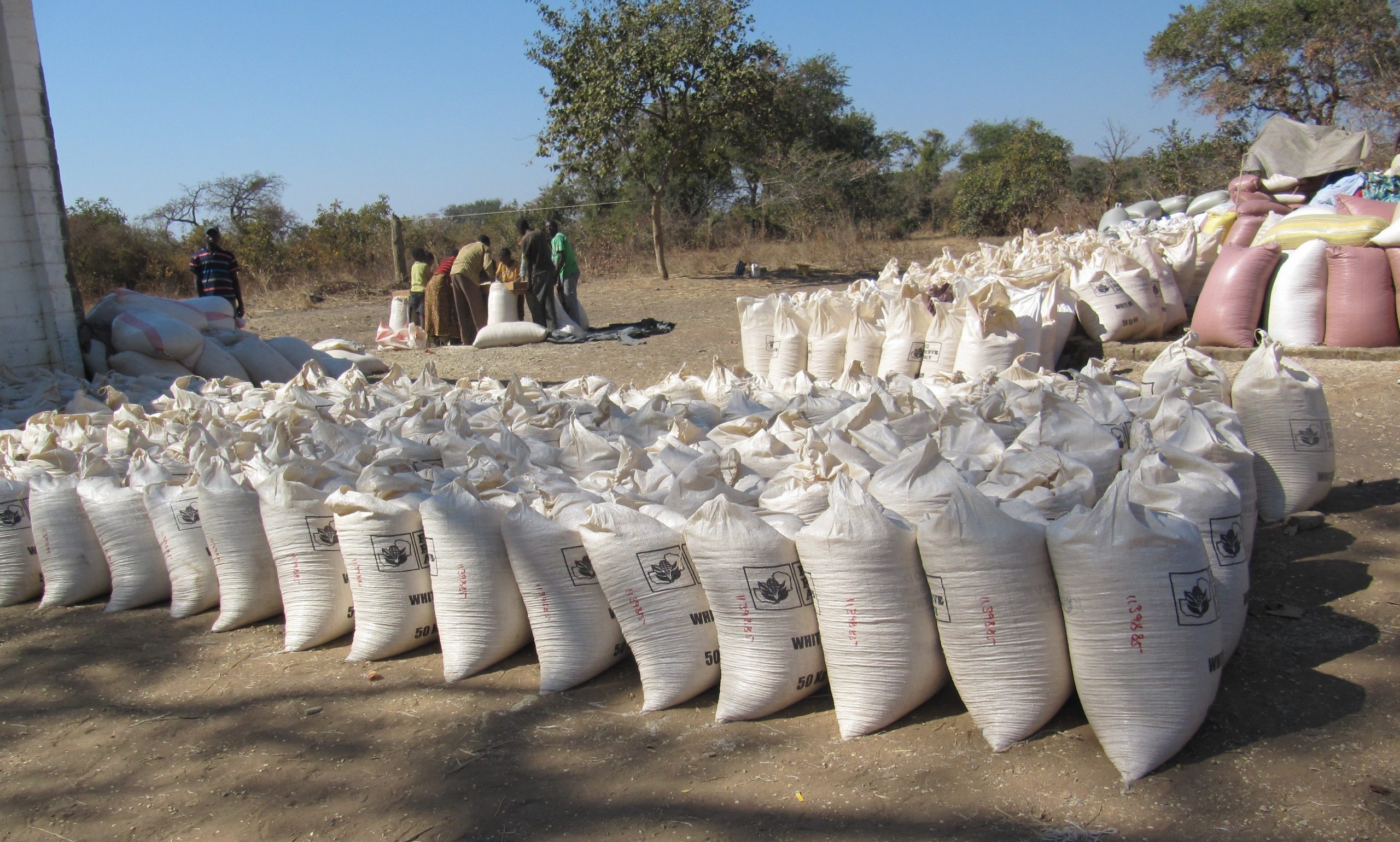
By Nyasha Patience Mandeya
Design of social welfare has been central in solving the world`s problems such as inequality and poverty which have all been exacerbated by the Covi-19 pandemic.
Zimbabwe has not been spared as the government need to pay the philanthropy price of a humanity crisis, with millions in Zimbabwe in need of social assistance.
In the midst of the current crisis, tension has been simmering between cash and care in the design of social policy.
On one hand, are those are that believe the poor should be given cash handouts and left to find their own way.
On the other hand, are those who have little faith in the capability of the poor to handle own affairs and as a result want to either abandon them to their fate or intrude in their affairs, restricting choices while being retributive to those not toeing the line.
Focus has been on the designer programme of universal basic income (UBI), where the government pays everyone a substantial guaranteed income irrespective of their needs.
Economists like Milton Friedman approve UBI’s hands off approach as he assumes people know best what is good for themselves and see no reason to believe a government bureaucrat would know better.
- Chamisa under fire over US$120K donation
- Mavhunga puts DeMbare into Chibuku quarterfinals
- Pension funds bet on Cabora Bassa oilfields
- Councils defy govt fire tender directive
Keep Reading
The argument is that programmes like Progressa/Oportunidades of Mexico make people jump through hoops for no reason.
If it is truly good behaviour then they would still do it in any case, emphasising that people are more likely to be right than government.
Moreso, the complicated screening and monitoring rules, which result in low take up rates in conditional cash transfers lead to inefficiency as issues of stigmatisation of the poor come into play.
Meanwhile, some misguided welfare programmes instituted in the name of compassion defeated the cause for fighting poverty resulting in the welfare tragedy due to the insidious effect of welfare, which usurps the role of the provider at a time when the goal of reducing poverty is judged by how many Americans it makes independent of welfare.
The developing country perspective about moving towards UBI is somewhat different as they often lack governance to run complicated social programmes.
Meanwhile, limited resources have led to targeted programmes whose effectiveness is hampered by the fact that most people work on farms or tiny firms where it is impossible for governments to enumerate their earnings and isolate the poor.
For social programmes requiring work, the implications are that someone has to create the millions of jobs that are not readily available, particularly given the threat on jobs from automation and rise in artificial intelligence in developed countries.
The goal of social policy is to rebuild confidence in providing a stable and rewarding occupation.
This also calls for training, which starts from early childhood development and development of technological and social skills, that have become more valued in the labour market in the last decade compare to cognitive skills.
The Puritans would have also agreed with the reluctance to hand over cash, a reticence historically shared by the left and the right.
In India, one of the more successful recent efforts by the left was the demand for a national food security act.
Passed in 2013, it promises five kilos of subsidised food-grains every month to almost two-thirds of Indians, over seven hundred million people. In Egypt, the food subsidy programme cost 85 billion Egyptian pounds in 2017–2018 ($4,95 billion, or 2% of GDP).
Indonesia has Rastra (formerly called Raskin), which distributes subsidised rice to over 33 million households.
Distributing grains is complicated and costly.
The government has to buy the grains, store them, and transport them, often across many hundreds of miles.
In India, the estimate is that transport and storage add 30% to the cost of the programme.
Moreover, there is the challenge of making sure the intended recipient gets the grains at the intended price.
In 2012, eligible households received only a third of the amount they were due under the Indonesian Raskin programme, and paid 40% more than the official price.
In India, the government is now considering moving to what it calls direct benefit transfers, sending money to people’s bank accounts rather than giving them food (or other material benefits), on the grounds that it would be much cheaper and less subject to corruption.
However, there is considerable opposition, led mostly by left-wing intellectuals.
One of them interviewed 1 200 households throughout India about their preferences for cash versus food.
Overall two-thirds of the households preferred food transfers to cash.
In states where the food distribution system worked well (mainly in South India), this preference was even stronger.
When asked why, 13% of households mentioned transaction costs (the bank and market are far, so it’s hard to turn cash into food).
But one-third of the households who prefer food argued that getting foodstuff protects them against the temptation to misuse cash.
In Dharmapuri in Tamil Nadu, one respondent said, “Food is much safer. Money gets spent easily.”
Another said: “Even if you give ten times the amount I will prefer the ration shop since the goods cannot be frittered away.
Meanwhile, Zimbabwe is grappling with restoring credibility of the financial system since the dollarisation era.
As such cash transfers may not be desirable due to inflationary fears that may result in the buying power being quickly eroded before food purchases are effected, programmes of food handouts have been marred with accusations of politicising the aid.
There has been a proliferation of cash programs as data shows that as of 2014, 119 developing countries had implemented some kind of unconditional cash assistance programme and 52 countries had conditional cash transfer programs for poor households.
Together, one billion people in developing countries participated in at least one of these.
The initial phase of many of these programs was implemented as an experiment.
What is very clear from all these experiments is that there is no support in the data for the view that the poor just blow the money on desires rather than needs.
If anything, those who get these transfers raise the share of their total expenses that go to food (thus, it is not just that they spend more on food when they have more money, but they might even spend so much more that the fraction of food spending goes up); nutrition improves and so does expenditure on schooling and health.
There is also no evidence that cash transfers lead to greater spending on tobacco and alcohol.
And cash transfers generally increase food expenditures as much as food rations.
Even men do not seem to waste the money; when the transfers are given at random to either a man or a woman, there is no difference in how much is spent on food versus, say, alcohol or tobacco.
We are still in favour of giving the money to the woman, because it restores a little of the balance of power within the family and might allow her to do what she deems important (including working outside of the home), but not so much because we think that the man may spend it on alcohol.
It is of utmost importance that social programmes are designed to help people to absorb shocks that affect them without allowing those shocks to affect their senses of themselves.
While over one billion people have benefited from cash transfer programmes in the world by 2014, more than 1,3 billion people in 104 developing countries are still multi- dimensionally poor (World Bank 2018).
This calls for a re-think and injection of creative imaginations for improved social protection in both the developing and developed countries contexts.
Extensive investment in randomised control trials in pursuit of the ideal social design is highly recommended.
- Nyasha Patience Mandeya is a Zimbabwean economist based in Canada. These weekly insights articles are coordinated by Lovemore Kadenge, independent consultant, past president of the Zimbabwe Economics Society and past president of the Institute of Chartered Secretaries and Administrators in Zimbabwe. Email – kadenge.zes@gmail.com and mobile +263 772 382 852.









